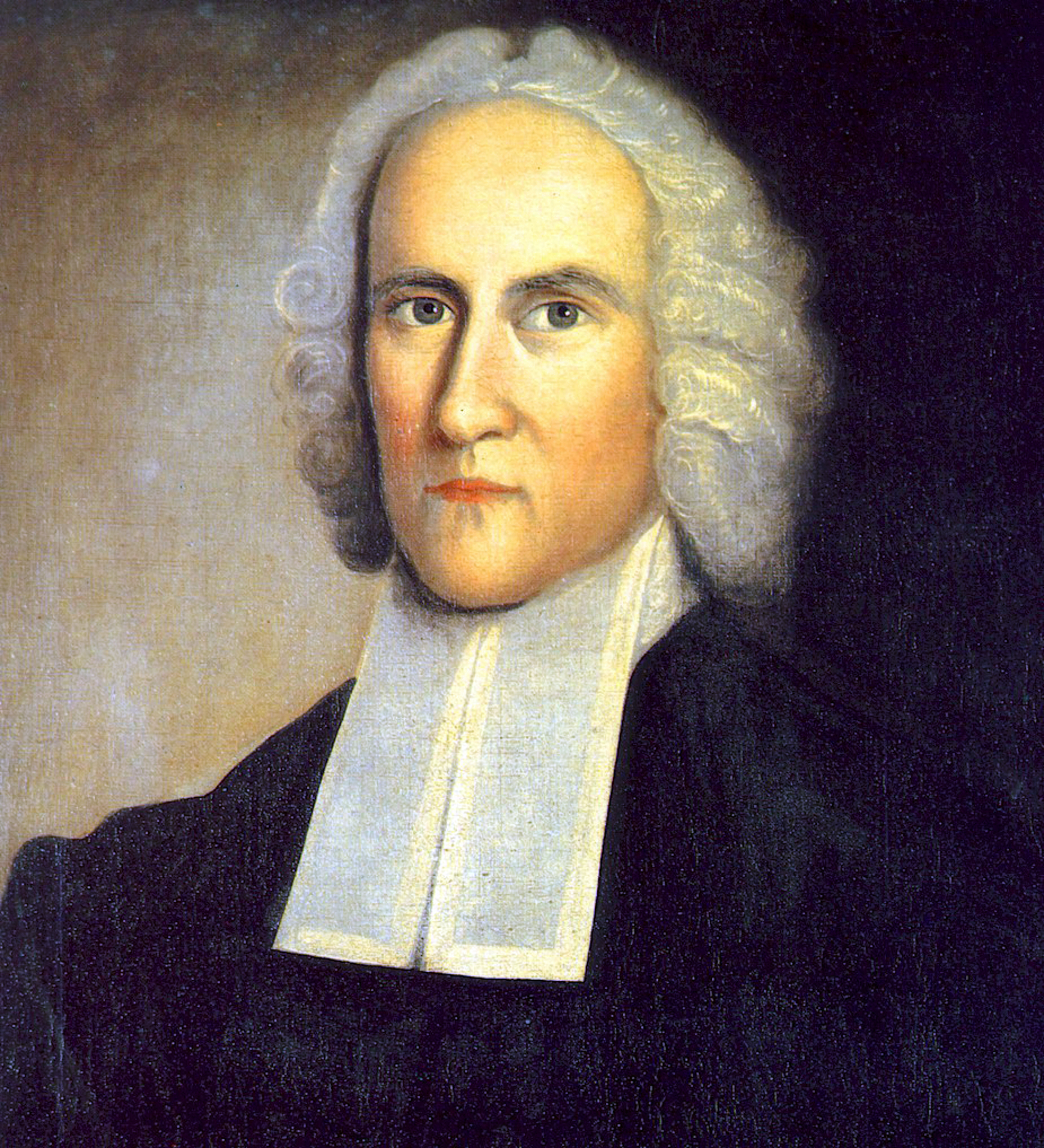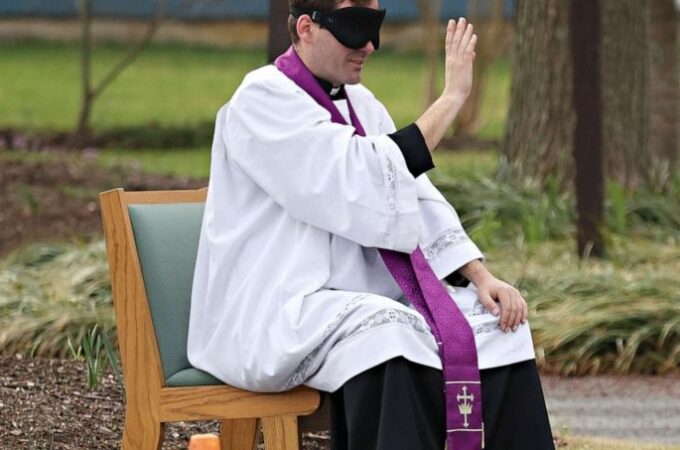I’ve often said that if the church does not disciple the nation the nation will disciple the church. In his thought-provoking paper, “A Church Without A View: Jonathan Edwards and Our Current Lifeview Discipleship Crisis,” theologian and pastor David Scott demonstrates how that has happened. He laments the absence of a biblical worldview in today’s church, replaced by a dualistic worldview, the sacred-secular divide (SSD), and shows how that substitution has negatively impacted our concept of evangelism and discipleship.
Scott argues that the Puritans brought a wholistic, biblical world and lifeview to the New World. They understood the church and its mission from that perspective. As I’ve pointed out numerous times in this blog, the church in our generation has been functioning from the Greek mindset of the SSD. Scott Allen writes of this in his book “Beyond the Sacred Secular Divide.”
What hath Darwin wrought?
The work of Jonathan Edwards and the Puritans led to the founding of United States of America on the principles and worldview of the Bible. A biblical lifeview founded the church’s understanding of its mission, grounded in a comprehensive view of evangelism, church-planting and discipleship. The dualism that crept into the church at the end of the 19th century in response to Darwinism changed all that.
There’s a dualism behind it that would have been foreign to Edwards and which offers a second reason for lack of functional lifeview. In trying to avoid paganism, and, we actually internalize one of the mantle viruses: a dualist explicit the sacred and secular. To keep the church’s monopoly on the spirit we spiritually divested ourselves of the public sphere.*
This pagan dualism permeates the church’s language, discourse, structure and ministry. For example, our practice of discipleship is not comprehensive or wholistic but limited to the inner, spiritual life: prayer, Bible study, worship, fellowship, and evangelism. This indeed is a reflection of our primary concern on the day world and spiritual things not on any comprehensive 360° view of life and reality.
The Reformed church in Europe and her children, the Puritans, had a vision for all of life, including governance in the public square and economics in the marketplace. The Puritans’ intent was to build a new nation on the foundation of a Reformed culture. Functioning from a biblical worldview, they structured the church to reform all of life, a Christianity for Monday as well as Sunday.
A fortress rather than a lighthouse
Dr. Scott points out that “For two centuries [the church] could just teach the doctrines and practices of inner piety and an apologetic defense against its opponents … because of the tacit Christian consensus in nominally Christian America.”
 The church became a fortress against the world instead of a lighthouse to the world. She sought to save souls for heaven and house them in a “spiritual” fortress until Christ returns, rather than prepare people to be light and salt in the marketplace and the public square.
The church became a fortress against the world instead of a lighthouse to the world. She sought to save souls for heaven and house them in a “spiritual” fortress until Christ returns, rather than prepare people to be light and salt in the marketplace and the public square.
As Tim Keller, pastor of Redeemer Presbyterian Church in Manhattan, has pointed out, the shrinking of Christendom means that the internally focused church must missionally re-embrace equipping the worldview of its people for public life or face ministry obsolescence. Keller argues that for the church to be missionally effective in post-Christian twenty-first century America, one of its core characteristics must be that it “theologically train lay people for public life and vocation.” He explains, “In ‘Christendom’ you can afford to train people just in prayer, Bible study, evangelism—private world skills—because they are not facing radically non-Christian values in their public life. . . .” But to prepare people to live amid the anti-Christian culture of today, “the laity needs theological education to ‘think Christianly’ about everything and work with Christian distinctiveness.”*
Needed: a 360˚ view of life
For more than a century, the church has been functioning from the sacred-secular divide. Sunday has been separated from Monday, work from worship, the spiritual realm from the natural realm. We need to return to the biblical world and lifeview of the Reformers and the Puritans. We need a 360˚ view of life.
And he is the head of the body, the church. He is the beginning, the firstborn from the dead, that in everything he might be preeminent. For in him all the fullness of God was pleased to dwell, and through him to reconcile to himself all things, whether on earth or in heaven, making peace by the blood of his cross. Colossians 18-20 ESV
The Puritan founders of the United States of America established an educational system that promoted three things: the pursuit of truth – Veritas, the circle of knowledge – Encyclopedia, and the practical application of truth to everyday life – Eupraxia.
Today the church is living in the postmodern, post-truth culture. So many evangelicals embracing the woke culture is one indication this culture has invaded the church. The church is functioning from a sacred-secular divide paradigm and an atheistic, postmodern worldview.
Unless we learn to function from a biblical worldview and disciple at the level of culture, the influence of the church will be virtually nil and the West will be lost. As the church becomes increasingly irrelevant to our cultural context, even more young people will drift away, and churches in the US will resemble those in Europe—largely empty, or converted into coffee shops and museums.
Available resources
The Disciple Nations Alliance has developed a number of resources to correct this “church without a view” syndrome.
Monday Church is an online course to equip Christians to connect their vocation to the coming of the kingdom of God.
The book LifeWork: A Biblical Theology for What You Do Every Day helps Christians connect their vocations to God’s kingdom purposes and integrate their spiritual practices with the rest of life.
Two supplementary books are My Place in HIStory: Discovering Your Calling, a workbook that will help you reflect on how have been made by the God of the universe, and LifeWork: Developing a Biblical Theology of Vocation, which sees the Bible not simply as a devotional book but an “owner’s manual,” that is, a vocational theology for your work.
For David Scott’s full essay go here.
These are resources for thoughtful Christians who want to become Monday Christians and not simply Sunday Christians.
- Darrow Miller
* “A Church Without A View: Jonathan Edwards and Our Current Lifeview Discipleship Crisis,” David Scott.






